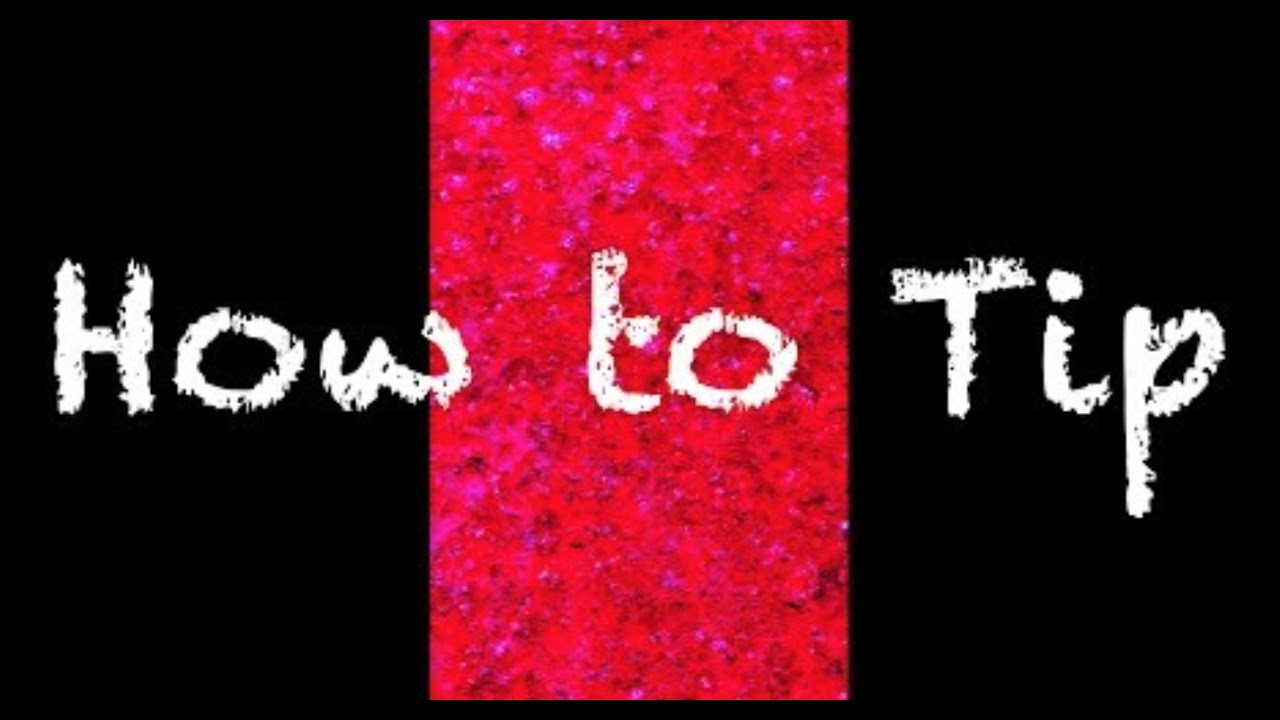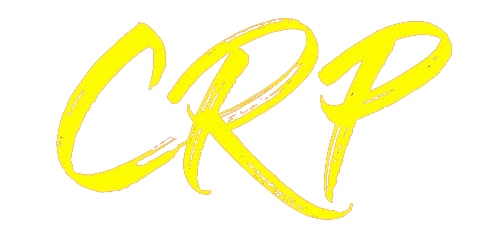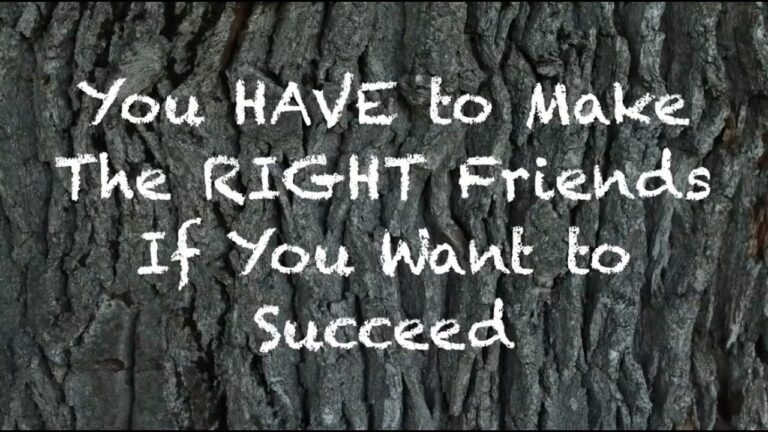How to Tip

The Art of Tipping: A Guide to Strategic Money Application
Understanding the Importance of Tipping
Tipping is one of the most vital skills you’ll ever possess. Despite its seemingly trivial nature, tipping plays a crucial role in various aspects of life, especially in business interactions. It goes beyond just handing a few bucks to someone; tipping is a key element that can significantly impact your experiences.
There are several nuances to tipping that one must grasp. Let’s start with the basics: how to tip. When tipping, there is no magic formula. It’s about the finesse and execution. When you decide to tip someone, ensure you have the bill ready in your hand, discreetly positioned. As the service provider finishes and engages with you, subtly present the tip in your palm, establishing a seamless transaction.
The Mechanics of Tipping
Whether you are tipping with cash or a credit card, the method remains consistent. For credit card transactions, ensure your tip is discreetly enclosed to maintain privacy. By tipping in a considerate manner, you facilitate a smooth and efficient exchange of gratitude for services rendered.
Understanding the Why of Tipping
Tipping, known also as gratuity, serves as a form of appreciation or a thank you for the services provided. It essentially acts as a ‘legalized bribe,’ enhancing interpersonal interactions and fostering positive relationships. By tipping, you acknowledge the efforts of service workers and create a conducive environment for future interactions.
Strategic Tipping: When and Who to Tip
Contrary to popular belief, tipping at the beginning of an interaction can yield more favorable outcomes than tipping at the end. By tipping upfront, you establish a sense of obligation and encourage exceptional service delivery. Identifying the right individuals to tip, such as desk agents in hotels or booking agents, can significantly enhance your overall experience.
Optimal Tipping Amounts
When it comes to determining the appropriate tip amount, a range of 10% to 20% of the expected bill is generally considered standard. It’s essential to be generous in your tipping, as it reflects your appreciation for the service provided. Tipping well can lead to enhanced experiences and favorable treatment from service providers.
Practical Tips for Effective Tipping
Always consider the impact of your tip on the individual’s experience and be strategic in your tipping approach. Older service providers often respond positively to tips, while young individuals may not fully grasp the significance of the gesture. Be mindful of who you tip and the potential influence they have on your overall experience.
Lastly, tipping is not merely a monetary exchange; it is a skill that allows you to strategically apply money to enhance your interactions and experiences. By mastering the art of tipping, you can transform ordinary transactions into memorable encounters.






